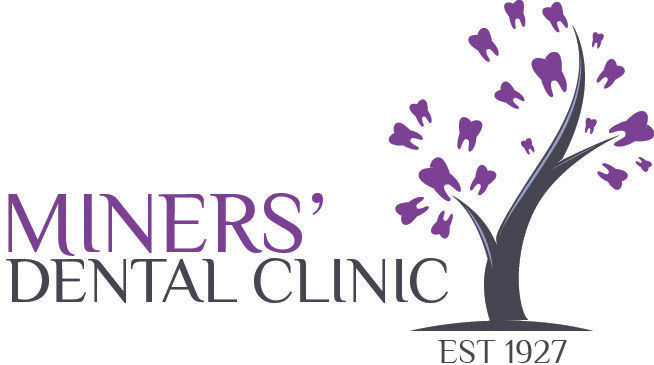Dental problems can be a major cause of discomfort and pain, and can also impact overall health and well-being. From cavities to gum disease, there are a number of common dental issues that people face. Knowing how to identify and treat these problems can help prevent more serious complications and maintain good oral health.
In this article, we will explore the most common dental problems and provide tips on how to treat them effectively.
Tooth Decay
Tooth decay is a dental problem that occurs when bacteria in the mouth produce acid that eats away at the tooth enamel. Over time, this can lead to the formation of cavities or holes in the teeth. Tooth decay is one of the most common dental problems, affecting people of all ages.
The treatment for tooth decay typically depends on the severity of the decay. In the early stages, a dentist may recommend a fluoride treatment to help strengthen the enamel and prevent further decay. If the decay has progressed to the point of a cavity, the dentist will need to remove the decayed portion of the tooth and replace it with a filling.
For more advanced cases of tooth decay, such as when the decay has reached the tooth pulp, a root canal may be necessary. During a root canal, the dentist will remove the damaged pulp and replace it with a filling material.
In cases where the tooth decay has caused significant damage to the tooth structure, a dental crown may be needed. A crown is a cap that fits over the entire tooth, providing protection and restoring its function and appearance.
Bad Breath
Bad breath, also known as halitosis, is a common dental problem that can be embarrassing and frustrating. It's typically caused by the buildup of bacteria in the mouth, which can produce unpleasant odors that are noticeable to others.
The treatment for bad breath depends on the underlying cause of the problem. In many cases, improving oral hygiene habits can help to reduce bad breath. This includes brushing twice a day, flossing daily, and using mouthwash to kill off the bacteria that cause bad breath.
If oral hygiene alone doesn't solve the problem, there may be an underlying dental issue that needs to be addressed. This can include tooth decay, gum disease, or other dental problems that can contribute to bad breath. Treating these issues can often resolve the bad breath problem as well.
Sensitive Teeth
Sensitive teeth can be a real pain - literally. If you've ever experienced a sharp, shooting pain in your teeth when eating or drinking something hot or cold, you know just how frustrating this condition can be. But fear not, because with the right treatment, you can reduce or even eliminate tooth sensitivity and get back to enjoying your favorite foods and drinks without discomfort.
Tooth sensitivity is often caused by exposed tooth roots or worn enamel, which can allow hot, cold, or acidic foods and drinks to reach the sensitive nerves inside the teeth. The treatment for sensitive teeth depends on the underlying cause of the problem.
One of the most effective ways to treat tooth sensitivity is to use a toothpaste specifically designed for sensitive teeth. These toothpastes contain ingredients that help to desensitize the teeth and reduce sensitivity over time.
In addition, your dentist may recommend treatments such as fluoride varnish or dental bonding to help protect the exposed areas of the teeth and reduce sensitivity. In severe cases, a root canal may be necessary to remove damaged or infected tissue from the tooth and restore normal function.
If you are experiencing any dental problems, contact us now for urgent dental help. We are more than willing to give you the best service possible!


